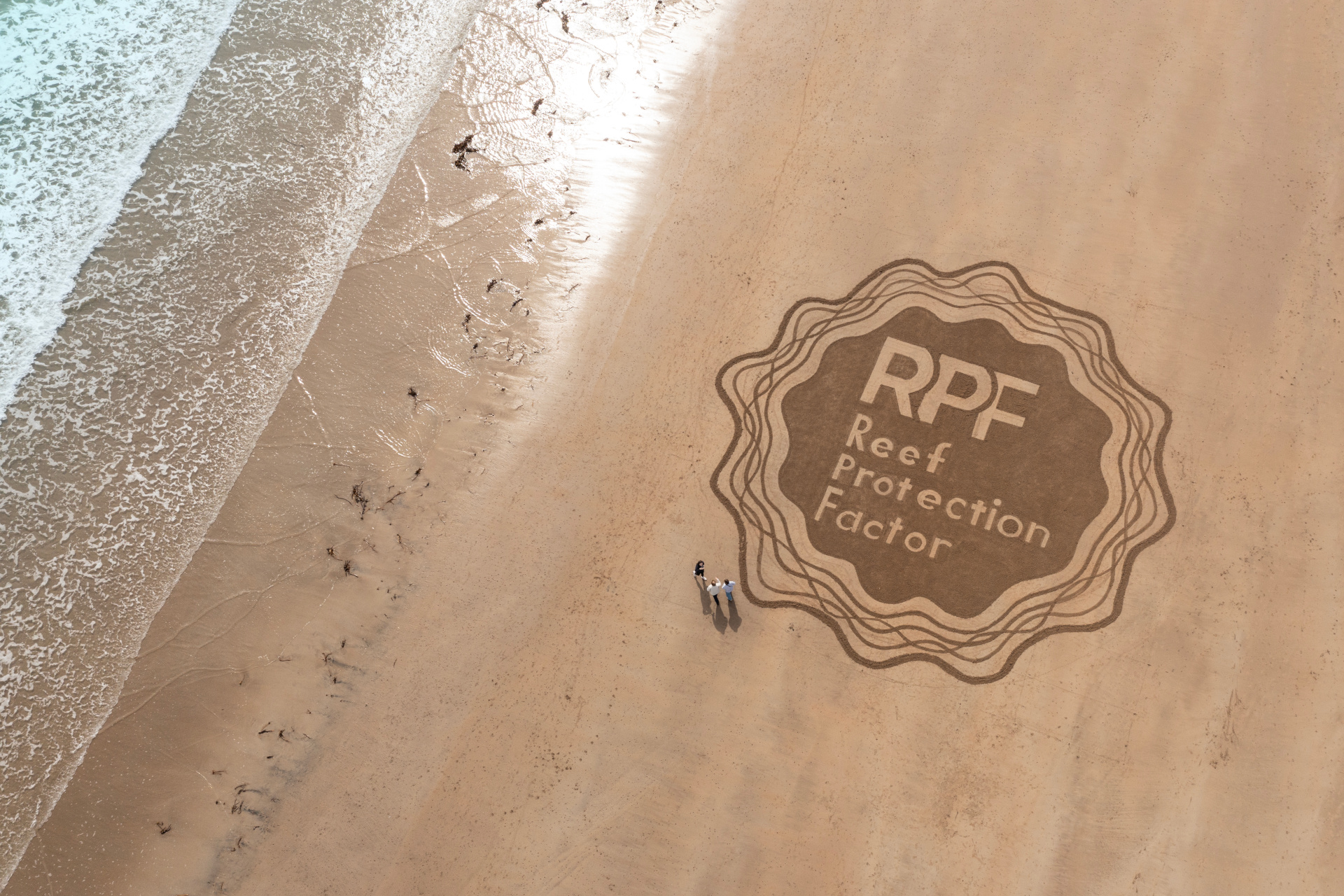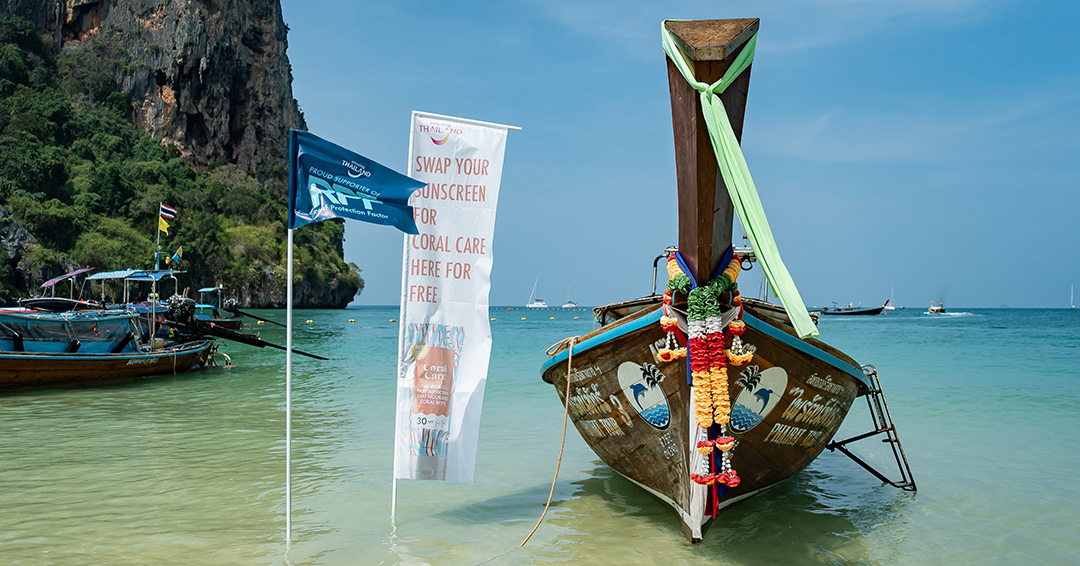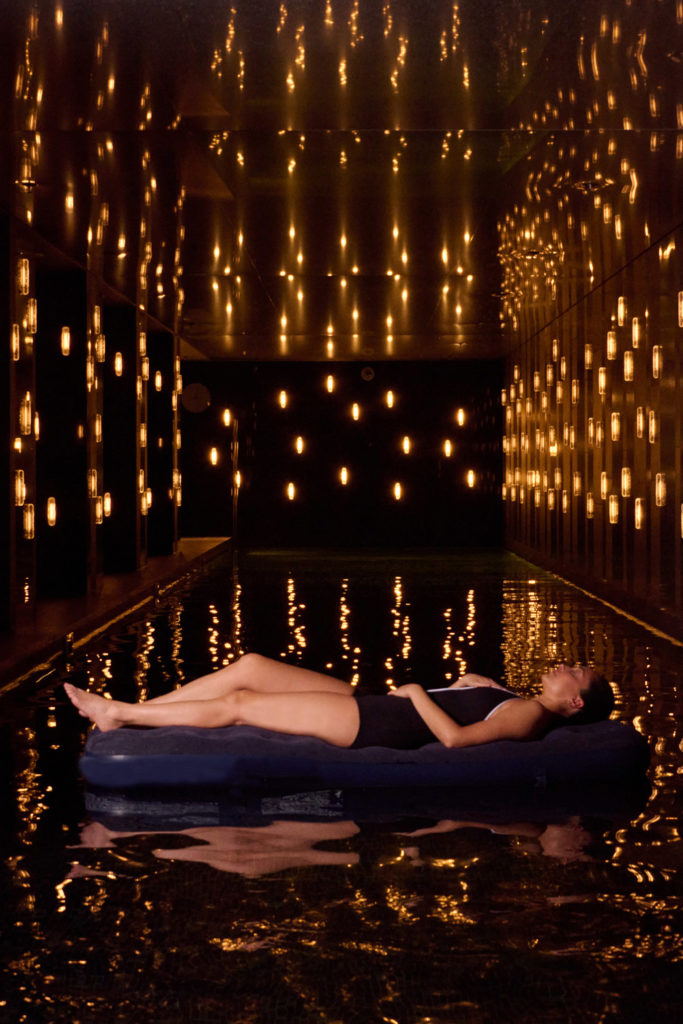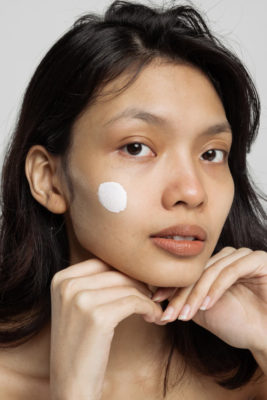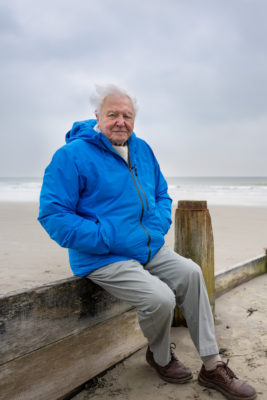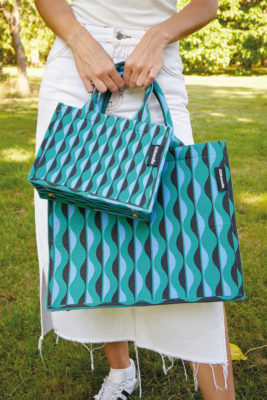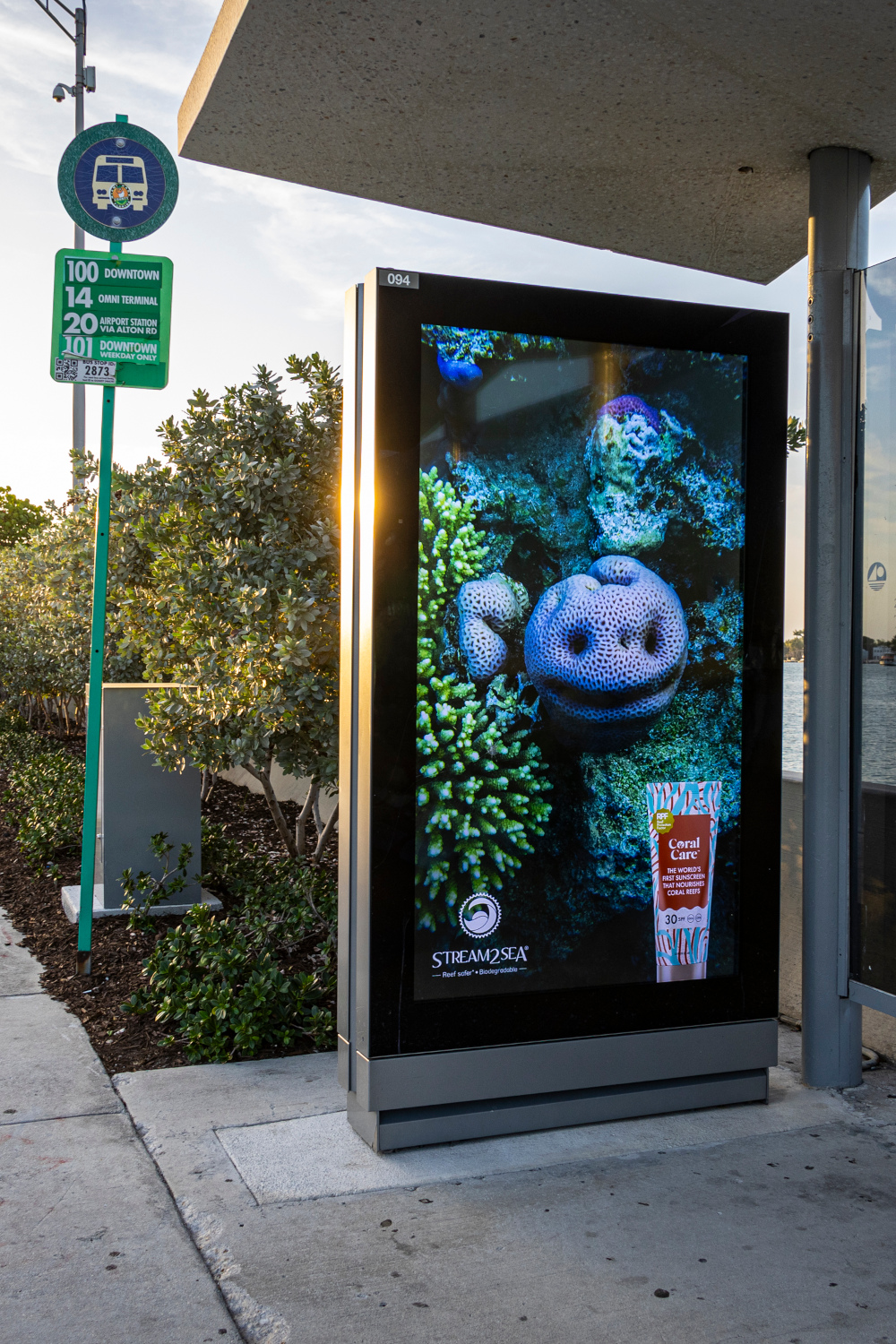
A New SPF Certification To Help Protect Coral Life Is In The Works
By
9 months ago
Reef Protection Factor will help shoppers safely identify sunscreens that don't leave a lasting negative impact on coral reefs
Whether it’s a heatwave-induced summer or tropical getaway halfway across the world, chances are you’ll have sunscreen to hand. But just how much do you know about the possible side effects your SPF may have on the planet? Reef Protection Factor, a new certification designed to help identify sunscreens that are proven to be safe for coral reefs and marine ecosystems, is about to hit shop shelves very soon. Here’s everything you need to know.
Reef Protection Factor: Meet The New Sustainable Certification
While talk of coral may have once conjured vibrant visions of thriving underwater foliage, these days the leading image that comes to mind is a bleached Great Barrier Reef. The ocean isn’t a stranger to the consequences of human waste – especially during the summer, when there’s an uptick in sunscreen use. It’s estimated that around 14,000 tonnes of sunscreen washes into the sea each year, with 80 percent of sunscreen brands contributing to coral damage.
And with many ‘reef-safe’ sunscreen claims still largely unregulated, it can be difficult to know which SPF is a safe investment. But not for long. A new certification has been developed by the University of Derby in collaboration with global creative agency McCann, with the goal of setting an industry standard.
Dubbed ‘Reef Protection Factor’ (RPF), the certification has been designed to address ongoing issues around chemical pollution – more specifically, chemical pollution that impacts oceans and aids in the decline of vital ecosystems like tropical coral reefs.
‘We believe Reef Protection Factor is a game-changer,’ said Jon Elsom, Group Executive Creative Director at McCann. The science-backed standard tests sunscreen brands for how much (or, rather, little) their products negatively impact coral species – with McCann setting up new coral testing facilities in the UK and Germany earlier this year as a first step to getting certification for products underway.
The first sunscreen to be awarded a Reef Protection Factor certification is Coral Care, which was developed by Stream2Sea in collaboration with McCann. It’s thought to be the world’s first sunscreen that has been formulated to not only avoid harming coral, but actively nourish it.
‘Partnering with McCann and the University of Derby has allowed us to push the boundaries of what’s possible,’ commented Autumn Blum, Founder & Cosmetic Chemist at Stream2Sea. ‘Our innovative Coral Care™ product is a powerful validation of our commitment to protecting marine ecosystems, and we hope it inspires the rest of the industry to follow suit.’
As part of the rollout for the Reef Protection Factor certification, McCann has started to form a series of global partnerships in key marine regions – including Reef Check Malaysia, Marine Research Foundation and Deblue Corner Dive Centre in Malaysia, Amazing Thailand and ISER Caribe in Puerto Rico.
‘We’ve been blown away by the positive reception of RPF, and Coral Care™, by all of our incredible global partners,’ said Elsom. ‘Everyone we’ve spoken to has come on board immediately, from tourist boards to eco organisations to hotel chains. It’s not often you get to work on something that can genuinely change the world.’
RPF’s flagship partnership is with Amazing Thailand, the Tourism Authority of Thailand (TAT), in support of its Grand Tourism & Sports Year 2025. As part of the collaboration, the two bodies worked together on an ‘Amnesty Boat’ event on Railay Beach, Krabi in southern Thailand. Here, beachgoers were invited to exchange their current sunscreen for the new RPF-approved Coral Care.
‘Coral Care and TAT share the same vision, to protect Thailand’s natural beauty,’ said Worapa Angkhasirisap, Director of TAT UK & Ireland, of the sunscreen swap. ‘We actively encourage responsible tourism and advocating reef-safe sunscreen promotes more sustainable travel practices. Travellers using RPF-certified sunscreen is a simple yet effective way to minimise environmental impact and preserve the beauty of Thailand’s underwater world. It’s an amazing new product.’
The next step, says the team at McCann, is to get more people talking about Reef Protection Factor – and how it aims to help the ocean’s inhabitants. The agency has partnered with Professor Michael Sweet, the Group Leader of the Safe Sunscreen Initiative at the University of Derby, on a multi-platform education programme to help get the message out there. The collaboration will result in a white paper detailing the university’s research on RPF, plus a children’s storybook called Coral Rescue to help raise awareness amongst every age group.
‘The world’s coral reefs are under immense threat from climate change and pollution,’ highlighted Professor Sweet. ‘Reef Protection Factor empowers consumers and businesses to make informed choices that actively support reef conservation – and this is only the beginning of our journey.’
EXPLORE
You can find out more about the Reef Protection Factor certification at rpf.world





